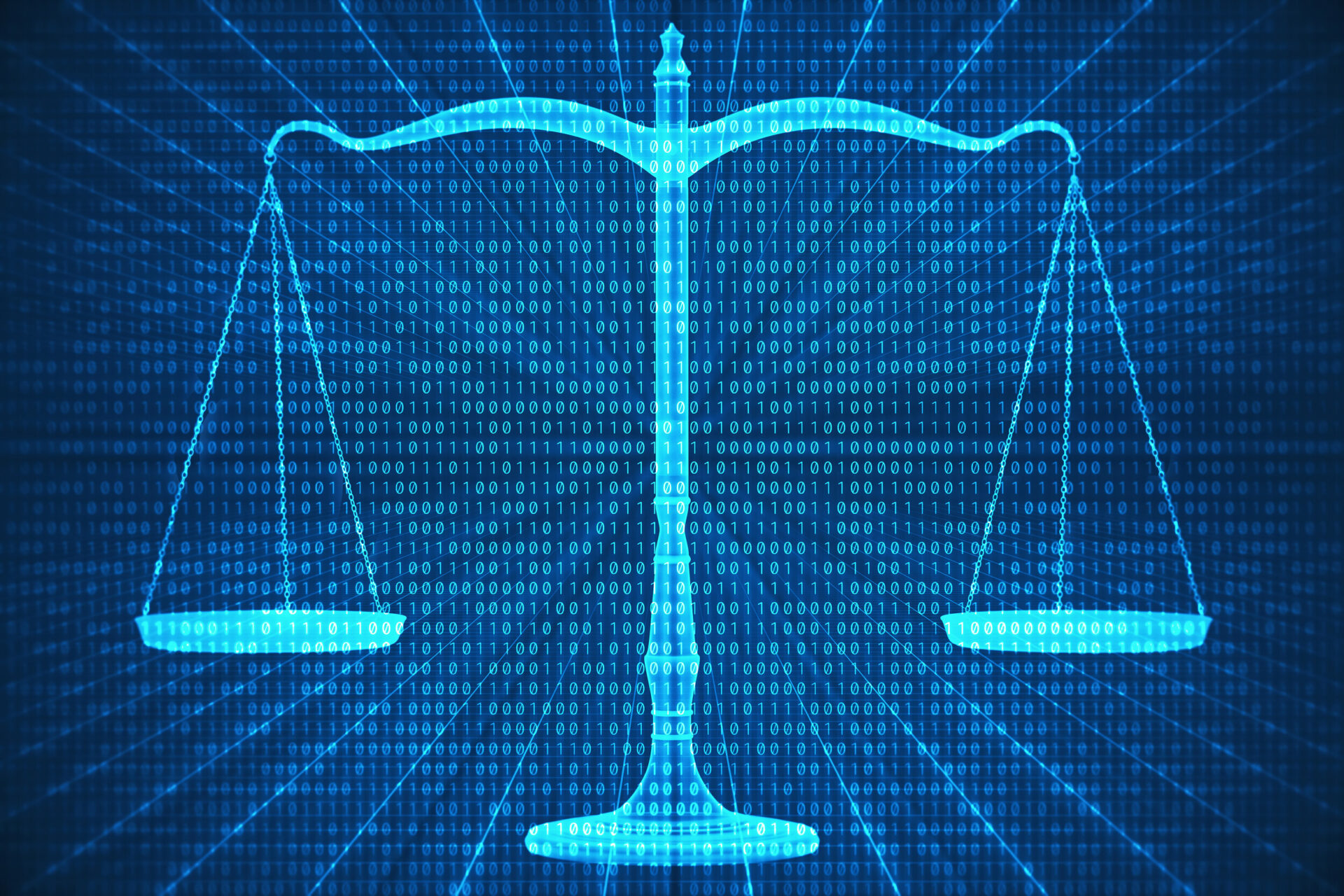
Weekly Digital Breakdown – 1.3.20
Weekly Digital Breakdown
Jan 03 2020
New Regulations for the New Year
With the start of the new year comes more data privacy concerns from lawmakers. In addition to the California Consumer Protection Act (CCPA), which officially went into effect January 1st, the House Energy and Commerce Committee is hoping to further regulations nationwide with much stricter guidelines with their most recent proposed privacy law. The bipartisan privacy bill would be the first comprehensive plan around how companies collect and utilize personal user data.
Since drafting the legislation, the Committee has sought external comment from privacy and trade groups that have been monitoring the bill negotiations. One of the biggest hurdles in getting the bill passed has been the inability for both parties to agree on how it would impact state privacy laws such as CCPA and how individuals can retaliate against companies over privacy violations. As it stands, the law would reduce the ways companies can track and target users for marketing purposes. It would also require users to not only be aware of how their data is collected and it’s purposes, but would also require consent for companies to utilize information in any way even if they are a current customer. Consumers would be given more rights when it comes to online and offline marketing efforts.
The bill would potentially have the greatest effect on big tech companies such as Google and Facebook who rely heavily on user information for advertising purposes to drive revenue. Despite a recent focus on transparency, many users are often unaware of how their data is being used, their online activity tracked, and consequently, leveraged to increase ad dollars for these large players.
As with any regulation, no proposal will appease both consumers and businesses. Given the sensitivity of the issue, the initiative is sure to be ongoing.
Spotify Hits Pause on Political Ads
Spotify is the latest platform to take sides this electoral season. The company will halt political ads for 130 million listeners on its ad-supported tied as well as original and exclusive podcasts. The reason cited for the decision was that it does “not yet have the necessary level of robustness in our process, systems and tools to responsibly validate and review this content.” The policy is wide reaching covering candidates, elected and appointed officials, nonprofits and political parties, Super PACs, and political advocacy content. The company plans to begin enforcing the policy early in the year with no definitive date listed.
The decision comes as others in the industry have taken a similar stance. Big tech has largely been in favor of the political advertising ban. Facebook has been one of the few to continue to allow political ads leaving users to decide for themselves what information is factual.
With the upcoming election being one of the most historically divisive, the conversation is likely to continue, forcing more companies to publicly address the issue. It remains to be seen how deeply the decision will impact revenue and if the loss of ad dollars causes companies to rethink their stance.
TikTok Banned On Military Devices
TikTok may be dancing all the way to the bank with in-app purchase revenue recently topping $50 million in Q4, but the news is being overshadowed by the Defense Department’s announcement that the app is considered a “cyber threat.” The concern is centered around how the app’s parent company, ByteDance, collects personal data. The US military has banned the use of the app on all government issued devices due to China’s cybersecurity laws that requires all Chinese-owned companies to supply user data on demand if requested.
TikTok has addressed the issue previously with a letter to lawmakers claiming user data is secure and stored in the U.S., not China, but the military doesn’t feel it’s worth the risk. The Defense Department issued a statement to all employees to be wary of applications used on military devices and specifically called for TikTok to be immediately deleted and uninstalled.
As with other apps, the concern stems from the ability to gain personal user information including geo-location. Vulnerable military details being exposed could potentially put personnel or missions at risk if accessed by the the wrong parties. The Defense Department cannot ban use of the app on member’s personal devices, but has warned to use extreme caution on all devices.
Data privacy continues to be a priority as more is learned about who has access and the potential harm it could cause. While personal details may seem harmless when viewed individually, they can be used to create larger data profiles revealing more than most realize they are sharing.





